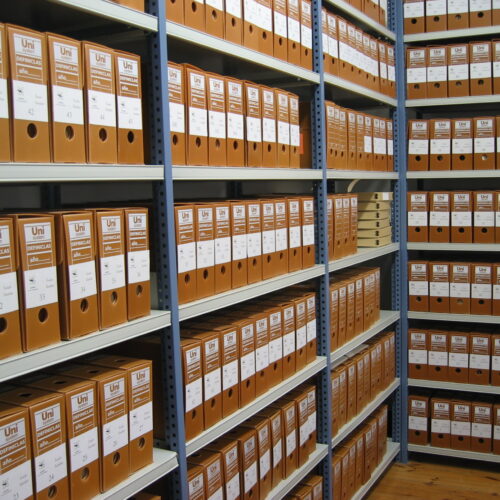

In today’s digital age, where streaming services and AI technologies reshape the entertainment industry, content piracy remains a critical issue, particularly in Africa. Creators, broadcasters, and governments are in a relentless struggle against an illicit industry that adapts quickly to technological advancements.
Globally, digital piracy is on the rise, with 2022 data from The Media Online revealing that visits to piracy platforms hit an astounding 215 billion—an 18% increase from the previous year. Illegal streaming accounts for over 80% of these visits, making it the primary means of consuming pirated content. The economic impact is staggering; in the U.S. alone, losses from digital video piracy range from $29.2 billion to $71 billion annually, with job losses estimated between 230,000 and 560,000. Globally, the motion picture industry faces losses of up to $97.1 billion annually.
In Africa, the threat of piracy is particularly pronounced in thriving creative sectors like Nollywood and Afrobeats. In Nigeria, for instance, it’s reported that 50% to 70% of film revenue is lost to piracy. A study highlighted by The Media Online indicates that 21% of cinema operators across West Africa lose three-quarters or more of their earnings due to pirated content. This discourages investment in original productions and stifles job creation.
Amid this alarming trend, Irdeto, a leading digital security firm, found that the top 10 piracy websites in five African nations garnered 17.4 million visits within three months. Their technology-based efforts have led to the removal of over 40,000 illegal streaming links. However, experts agree that technology alone cannot solve piracy; robust collaboration among governments, media entities, and enforcement agencies is critical.
Ethiopia’s government is making strides to combat piracy, yet challenges remain, including weak enforcement and limited awareness about digital rights. A united approach is essential to effectively address piracy and safeguard Africa’s vibrant creative landscape.











